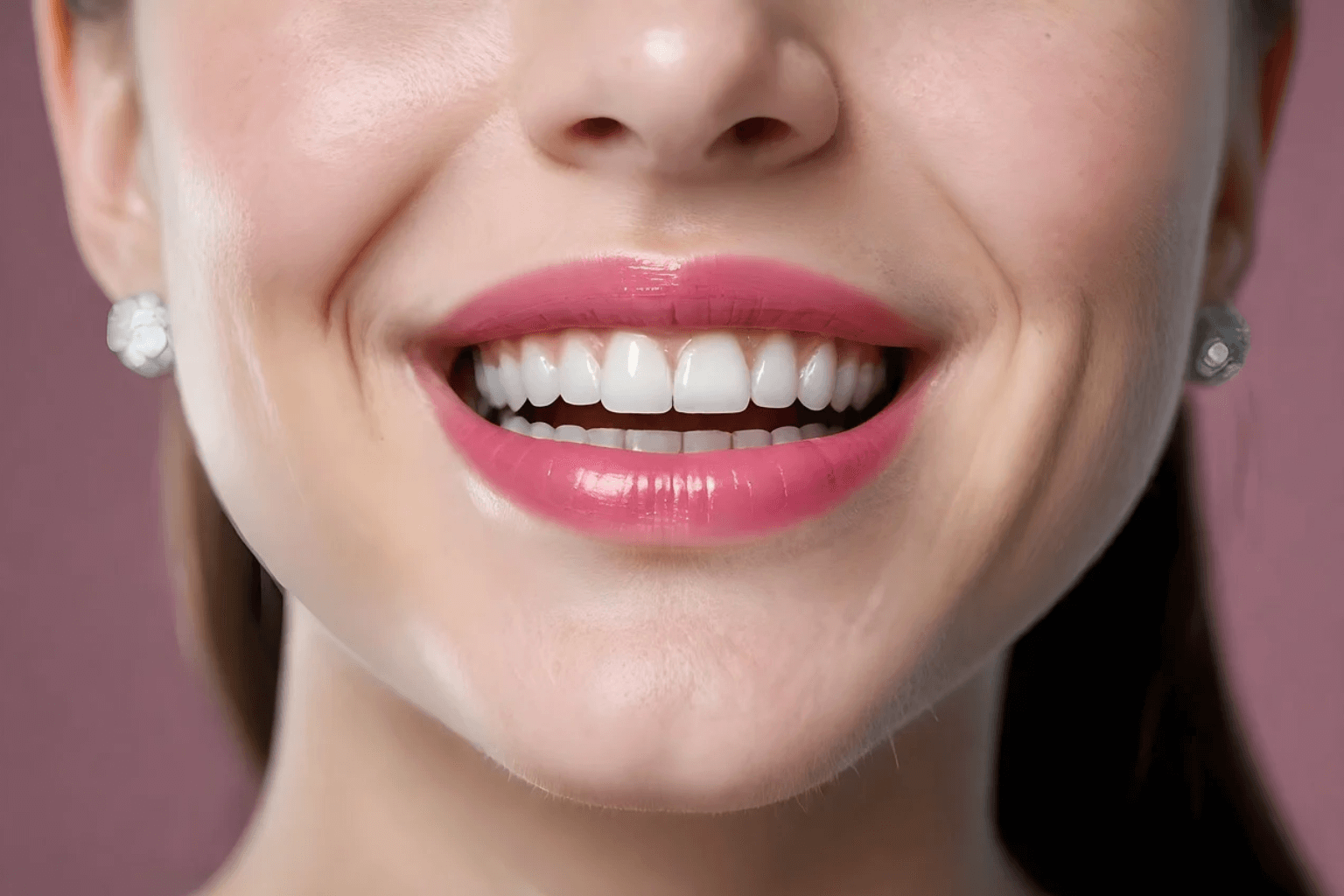
Pearl’s $58M Breakthrough: How AI Will Transform Your Next Dental Check-Up
Pearl, an AI-powered dental diagnostics startup, raised $58 million to improve dental care with computer vision. They promise that second-opinion diagnostics approved by the FDA will improve accuracy and patient trust.
Even though everyone needs dental care, many people don’t trust their dentists to make accurate diagnoses and give them the right treatments.
Some dentists treat their patients too much, which costs the business extra money, while others might miss important issues that could grow into bigger, more expensive problems in the future.
Patients can feel better about their treatment plans if they get a second opinion from another dentist, but this option isn’t always possible because of time constraints or higher costs.
Dentists are aware of this issue, so more and more are willing to buy AI-powered software that uses computer vision to find signs of dental disease on X-rays.
The FDA has approved Pearl, one of only three startups, to use AI to assist dentists in making accurate diagnoses and providing patients with a “second opinion.”
On Wednesday, the company announced that it had raised $58 million in a Series B round, led by Left Lane Capital and including new investors Craft Ventures and Neotribe Ventures.
Ophir Tanz, the company’s founder and CEO, started Pearl inside GumGum, a computer vision startup that works with sports and advertising companies that he co-founded in 2007. The gum company, GumGum, wanted to use machine learning in healthcare.
Tanz, whose father was a dentist, quickly chose this field as one that could benefit from AI-powered diagnosis. In 2019, Pearl decided to separate from GumGum.
Artificial intelligence can make it easier for dentists to understand X-rays, and Tanz said that there are a lot more dental images available to train AI models than images of other body parts.
Dental Software Boosts Treatment Acceptance
Dentists using the startup’s diagnostic software report an average 30% increase in patients agreeing to suggested treatments.
Tanz stated that Pearl can enhance patients’ understanding of their dental issues compared to a standard X-ray, but it should not replace a dentist’s professional judgment.
“We’re drawing attention to interesting areas and making suggestions, but it’s up to the doctors to do clinical checks and make the final decision,” he said.
In 2023, Pearl’s sales grew 458%, and Tanz thinks the company will continue to grow quickly.
He said, “We think this will be the standard of care around the world in, I used to say, five years.” “I believe it will be in three years.” Around the world, there is now a huge amount of adoption.
Pearl competes with Video Health and Overject, two other startups that got FDA approval for similar features. In March, Overject raised $53 million in Series C funding at a valuation of $550 million.


